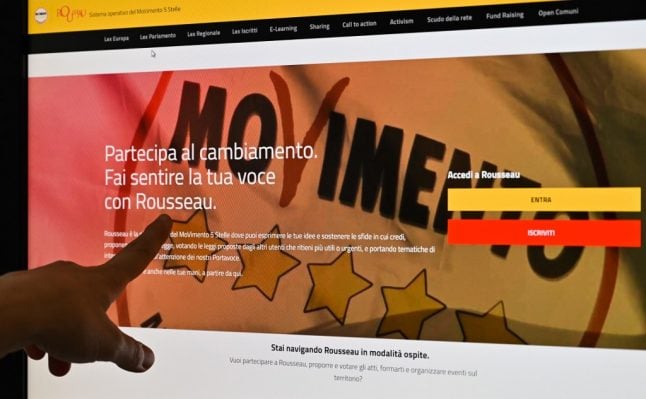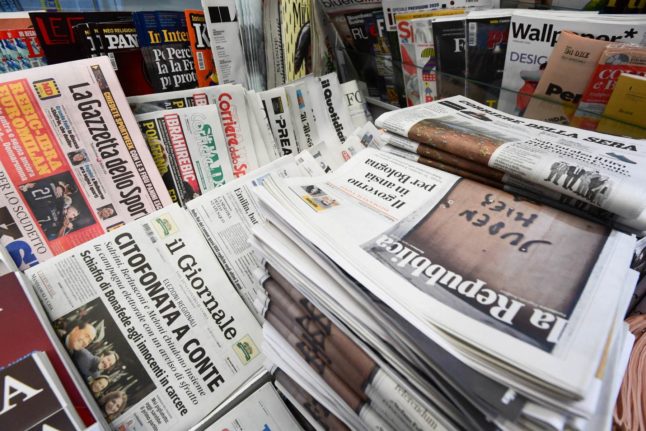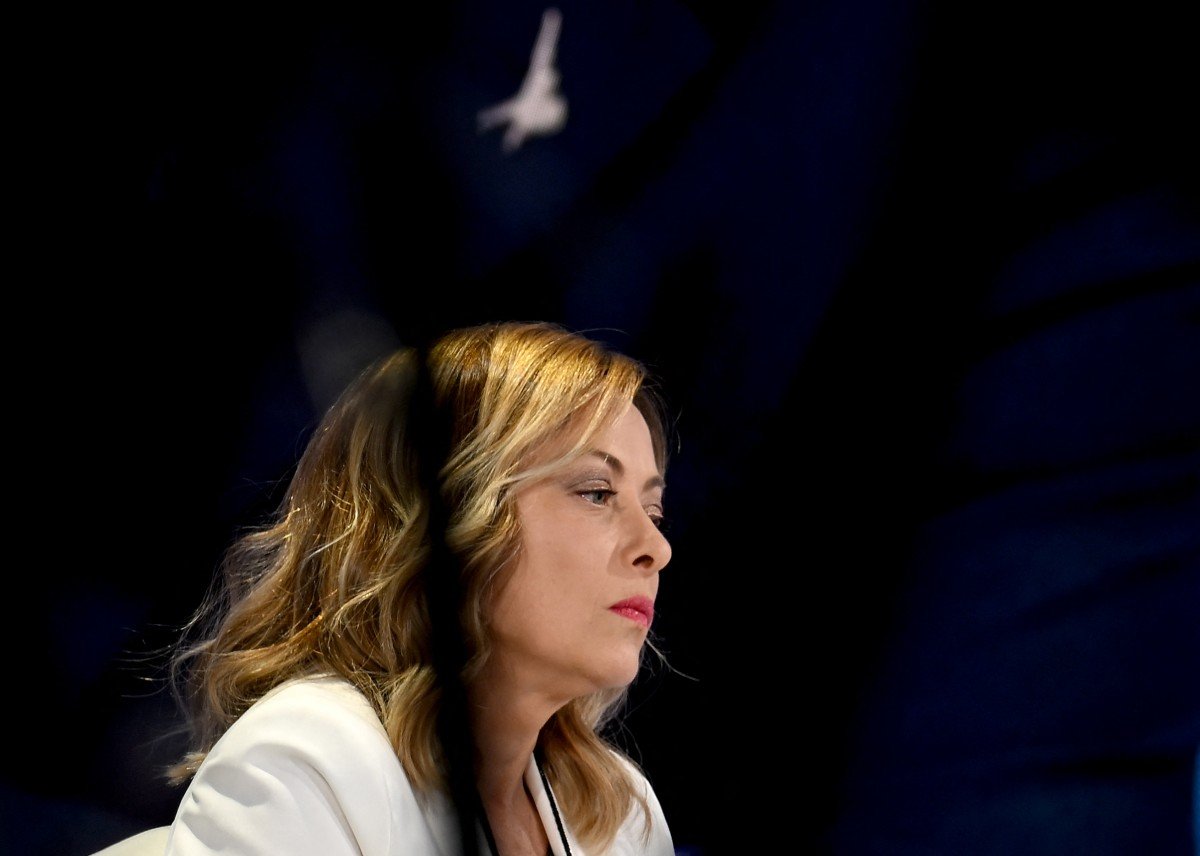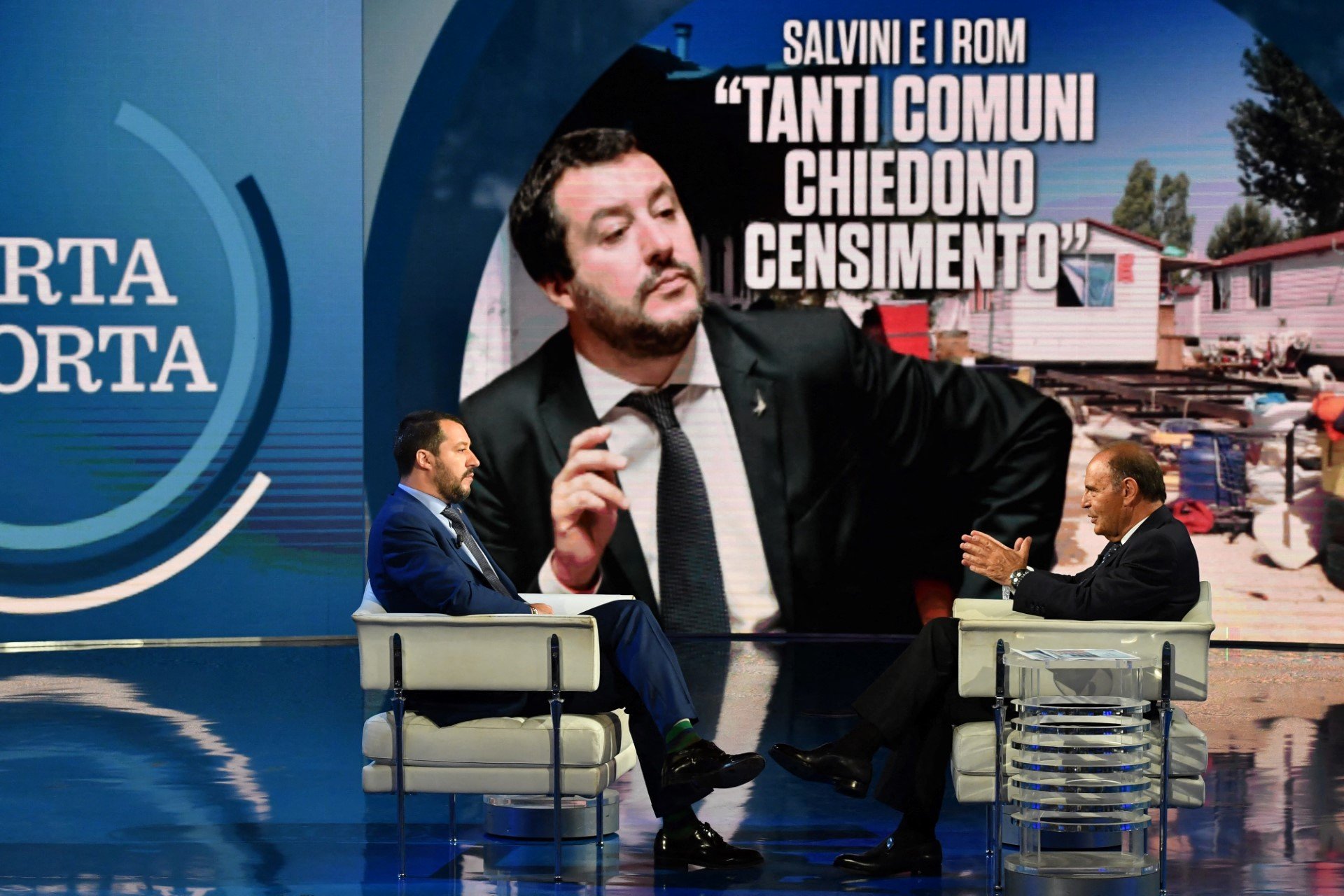Party leader Luigi Di Maio said that around 80 percent of M5S members voted 'yes' to backing a M5S-Democratic Party (PD) government led by Prime Minister Giuseppe Conte.
“We should be proud of this digital platform… because we offered a different method for creating a government,” Di Maio told journalists in Rome. “The political programme is complete, now we move to the government composition.”
The vote was carried out on the movement's Rousseau online platform, an exercise in the anti-establishment party's much-vaunted “digital democracy”. Nearly 80,000 people voted.
'Rousseau roulette'
Di Maio said that M5S and PD had agreed a 20-point government programme, but that it would take 24 to 48 hours to present the new ministerial line-up to President Sergio Mattarella for approval.
M5S leaders had launched an appeal for members to support the coalition, which is being thrashed out after hard-right leader Matteo Salvini pulled the plug on the previous government.
“This is a delicate moment for the country,” M5S said of what Italian media dubbed “Rousseau roulette”.
“For us, a mandate from citizens is a serious matter, it lasts five years, as laid out in the constitution, so that a government programme can be carried out,” read the M5S blog.
READ ALSO: How the rebel Five Star Movement joined Italy's establishment
 Luigi Di Maio (C), leader of the Five Star Movement. Photo: Andreas Solaro/AFP
Luigi Di Maio (C), leader of the Five Star Movement. Photo: Andreas Solaro/AFP
The M5S joined an ill-fated coalition with Salvini's League 18 months ago, but anti-migrant Salvini hoped for fresh elections that would make him premier when he tried to bring down the government last month. Instead, M5S is forming a new administration with its former foes from the PD.
“Italians found themselves in a crisis because of an irresponsible move by Matteo Salvini,” former ally Di Maio said on Tuesday after the vote result was announced. “If you make a mistake, you apologize. How will he [Salvini] be able to complain about a government that he could have been part of?”
Salvini took to Facebook soon after the vote result to say: “We as the League are proud to stay out of this cattle market.”
READ ALSO: How Matteo Salvini lost his gamble to become Italy's PM – for now
A negative vote would have spelt the end of talks with the PD and prompted the snap elections sought by Salvini.
Di Maio has been criticized in recent days for procrastinating on the deal, including by M5S co-founder and comic Beppe Grillo. But on Monday he agreed that he would no longer be deputy prime minister in the new government, provided no PD politician held the position either. Instead, Di Maio has been mooted as a possible foreign minister.
“Now let's go and change Italy,” PD leader Nicola Zingaretti said on Facebook after the vote result.
'Playing with democracy'
M5S foes have been quick to criticise the Rousseau system, which has previously been slammed as secretive and vulnerable to cyber attacks.
“This is an insult to Italians' institutions, constitution and intelligence,” said Mariastella Gelmini of tycoon Silvio Berlusconi's Forza Italia.
READ ALSO: What you need to know about Rousseau
The platform is managed by Davide Casaleggio, whose father Gianroberto founded the Movement along with Grillo. Critics say the Casaleggio family has been pulling political strings from behind the scenes from the start.
Former constitutional court judge Sabino Cassese wrote in the Corriere della Sera daily that is was paradoxical for perhaps 60,000 people out of a potential 100,000 to be given the potential power of contradicting the 11 million Italians who voted for M5S in March 2018.
“When will the M5S's political leader stop playing with democracy?” Cassese wrote.
By AFP's Charles Onians





 Please whitelist us to continue reading.
Please whitelist us to continue reading.
Member comments